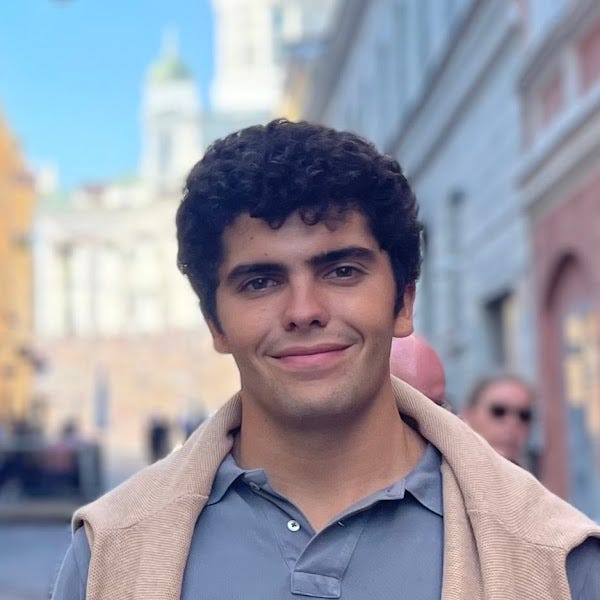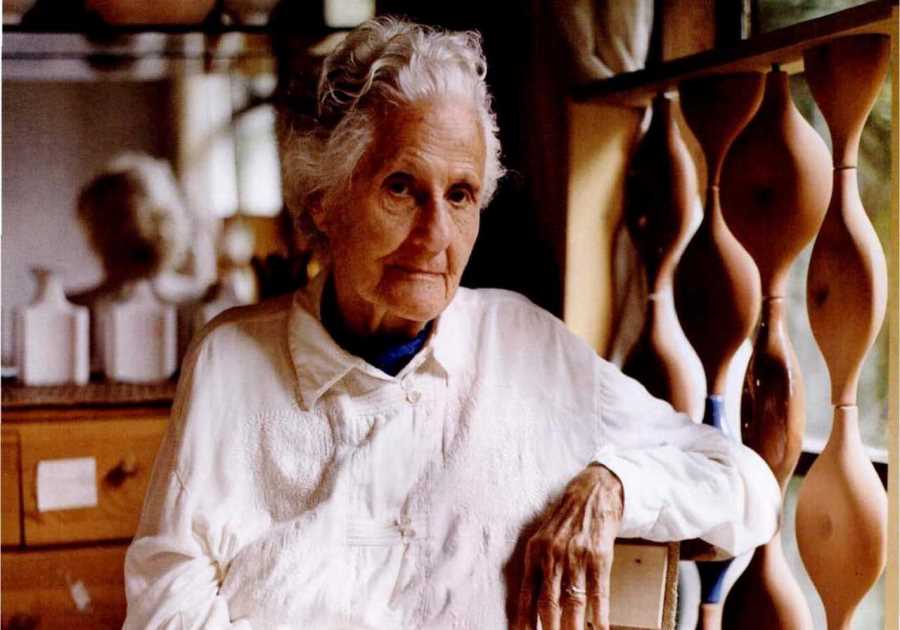
Santiago Puértolas
- Santiago Puértolas achieved a 95% savings rate on his monthly income after seven years of planning.
- He bought a home in a Spanish town, got a six-figure job, and started maximizing his investments.
- He spends money only on things that make his life easier or happier.
After years of planning, Santiago Puértolas is saving nearly all of his low-six-figure income.
Puértolas, 26, started outlining how to maximize his savings rate over seven years ago during college. His plan involved maximizing his income from work, achieving multiple streams of passive income, and minimizing his expenses.
According to documents reviewed by Insider, in recent months he's been able to meet his goal of saving about 95% of his income from working in corporate strategy at a tech company.
Puértolas is one of many people who live below their means, meaning they spend only a small percentage of their income on life expenses. For Puértolas, this means saving a lot now and making some compromises for a more-comfortable life later, though he feels this hasn't come at the expense of his well-being.
His self-described minimalist life philosophy "really falls under minimizing my expenditure and living as simply as possible," he said, adding: "Happiness does not depend on that." This has led him to coach young professionals and businesses about achieving their financial and professional goals.
He knew he'd need to buy a home to do this, and he found one in a small, relatively inexpensive town on the Canary Islands, negotiating to get it below market rate. The town's low cost of living, proximity to his passions for nature, and real estate investment opportunities stuck out to him.
He and his partner paid it off in full from their savings, according to documents viewed by Insider, and he's now splitting up his house into three parts: one for him and his partner, another for Airbnb rentals, and a third for long-term rentals.
Puértolas is also focusing on building his investment portfolio to increase his passive income. He's cooking about 80% of his meals at home on a monthly food budget of about 200 euros, or about $210 — which he said went a long way in his small Spanish town — and he eats out only twice a week at affordable spots. He also limits his travel to cheap flights to see family and friends, which he said was about 150 euros a month. And he rarely spends on new clothing; he only owns enough clothes to fit in a suitcase.
"There's no one size fits all, so not all people will be comfortable living the way I live," Puértolas said.
Investing in happiness
Most of his purchases, he said, are things that make his life easier and make him happy. He finds this in nature and travel, instead of expensive purchases.
"Buy a fancy laptop if you're going to use it for work, but don't buy a fancy iPhone if it's not for making money," he said.
He said his frugality came from his grandparents, who lived in a small village and worked lower-wage positions but saved up to live a comfortable, rather minimalist life. His parents were raised knowing they had to earn everything from money to respect, and Puértolas has carried that mindset with him. After the 2008 financial crisis, he said his family was even more on top of reducing spending.
Puértolas got his first paid role at 16, which he said was uncommon for people that age in Spain, and during college, he started some businesses to help pay for his tuition. These included a POS system for restaurants, ecommerce websites, and consulting jobs. While in college, he made a financial plan outlining how much he'd need to spend to save 1 million euros, deciding on the lowest possible amount he could spend without jeopardizing his life goals.
He ultimately moved away from a city — where, he said, "once you step out the door, you're already spending $20 for breathing" — and traveled globally to discover forms of happiness that did not involve money.
Minimalist living
He said he was also driven to live minimally after taking a trip to Myanmar and spending time with a Buddhist monk, who explained the idea of living happily without luxuries. He also adopted some stoic principles, including learning to be comfortable in uncomfortable situations and living simply.
That philosophy led him to develop a mindset of investing only in things that could bring a return.
"I buy a car because it makes my life easier, but I buy the cheapest car because the incremental of having a nicer car does not actually have an impact on my quality of life," Puértolas said, adding he learned how to repair his car himself. "It saves me time commuting and makes life easier, but having a nicer car, having that awareness that people see me as someone richer, does not help."
His goal is to have the option to formally retire at 40, while relying on passive income. He hopes to take on mentorship positions to help companies and people be successful. He added that recent layoffs in his industry and at his past companies led him to accelerate his savings rate to be comfortable earlier.
"My idea is to just find peace and comfort, be at a point that I do not have to be depending on a salary from an external company," Puértolas said.
Are you living under your means? What's pushing you to do so? Reach out to this reporter at [email protected].
Read More
By: [email protected] (Noah Sheidlower)
Title: A Gen Z worker in Spain spends just 5% of his income each month after years of planning. He explains how he does it and how others can increase their savings.
Sourced From: www.businessinsider.com/gen-z-work-budget-plan-only-spends-five-percent-income-2023-10
Published Date: Sat, 07 Oct 2023 10:33:01 +0000
.png)





